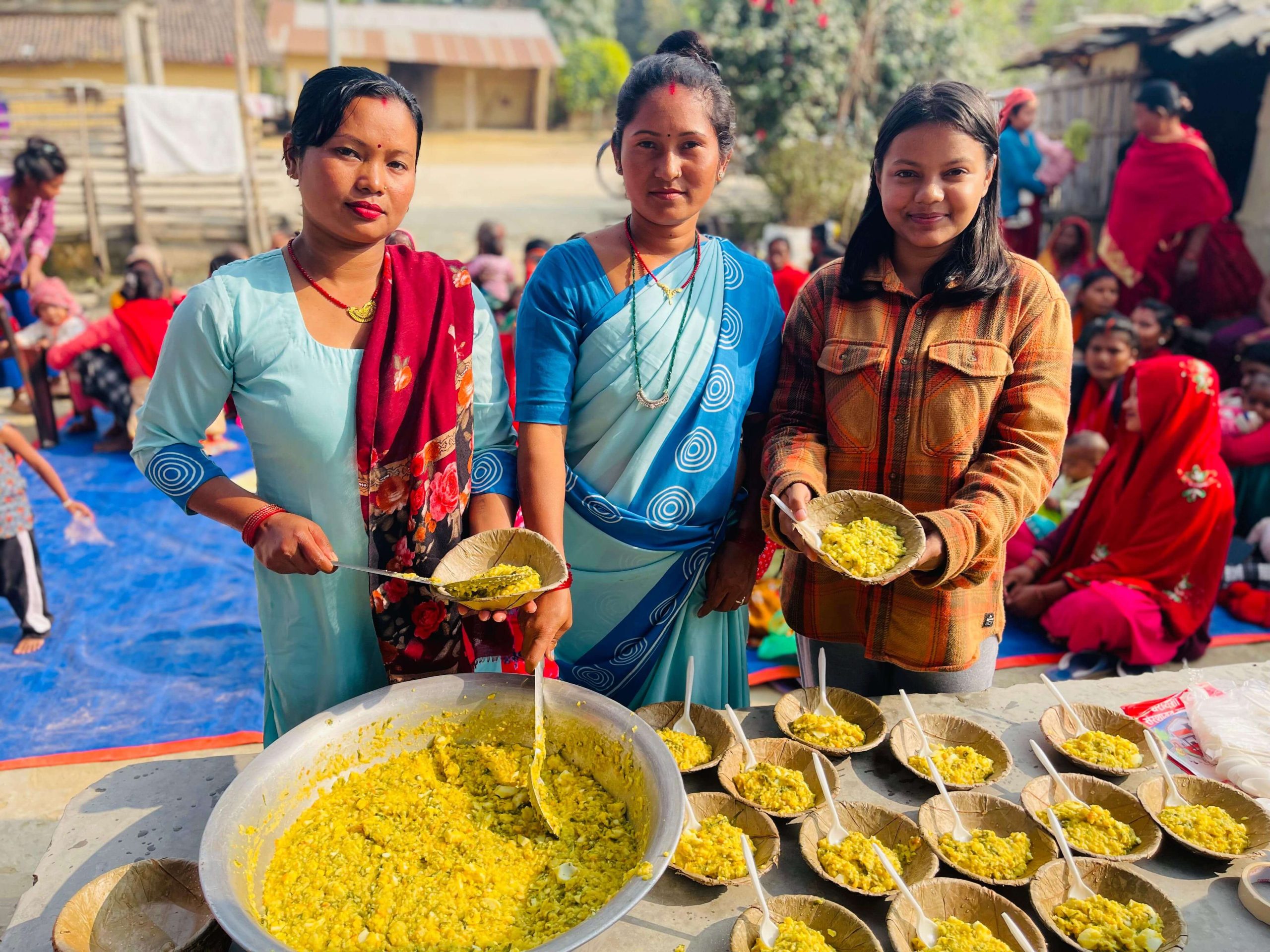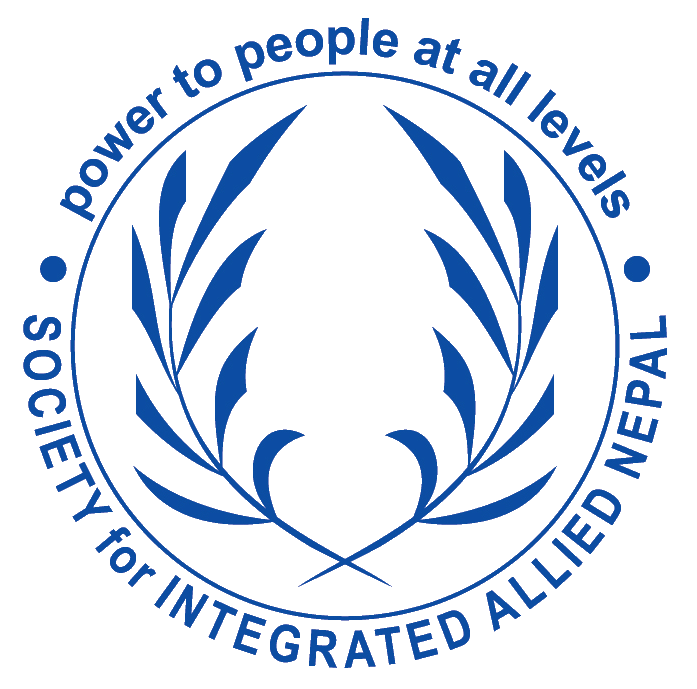Health and Nutrition
Health and Nutrition
Health and Nutrition, as a thematic area, encompasses the comprehensive well-being of individuals and communities, extending beyond the mere absence of disease to a state of complete physical, mental, and social wellness. Nutrition specifically focuses on the intake of food in relation to the body’s dietary needs, crucial for growth, development, disease prevention, and overall health. This thematic area addresses a wide spectrum of issues including maternal and child health, communicable and non-communicable diseases, sexual and reproductive health, WASH (Water, Sanitation, and Hygiene) as a critical determinant of health, mental health, and the promotion of healthy lifestyles and equitable access to quality healthcare services.
Globally, the health and nutrition agenda is significantly driven by the Sustainable Development Goals (SDG 3: Good Health and Well-being), aiming for universal health coverage and addressing a myriad of health challenges from maternal and child mortality to epidemics and non-communicable diseases.

In Nepal, the context presents significant challenges despite notable progress. The country continues to grapple with issues such as high rates of child stunting and malnutrition, maternal and child mortality (though significantly reduced), prevalence of communicable diseases like TB and diarrheal diseases, and a rising burden of non-communicable diseases. The National Health Policy and various sectoral strategies guide efforts, with the federalized structure decentralizing health service delivery to local levels, yet disparities in access to quality healthcare, particularly in remote and rural areas, remain a key concern.
SIAN in Nepal plays a vital role in complementing government efforts and addressing specific gaps within the health and nutrition sector. This includes directly delivering essential health services, particularly in hard-to-reach or underserved communities, and conducting extensive awareness campaigns on critical topics like hygiene practices, vaccination, balanced diets, family planning, and disease prevention. NGOs are also instrumental in building the capacity of local health workers and community volunteers, advocating for equitable health policies and increased investment in the sector, and conducting research to inform evidence-based interventions. Furthermore, they excel in fostering community participation in health programs, integrating Gender Equality and Social Inclusion (GESI) principles into health interventions, and providing crucial health and nutrition support during emergencies and humanitarian crises.

